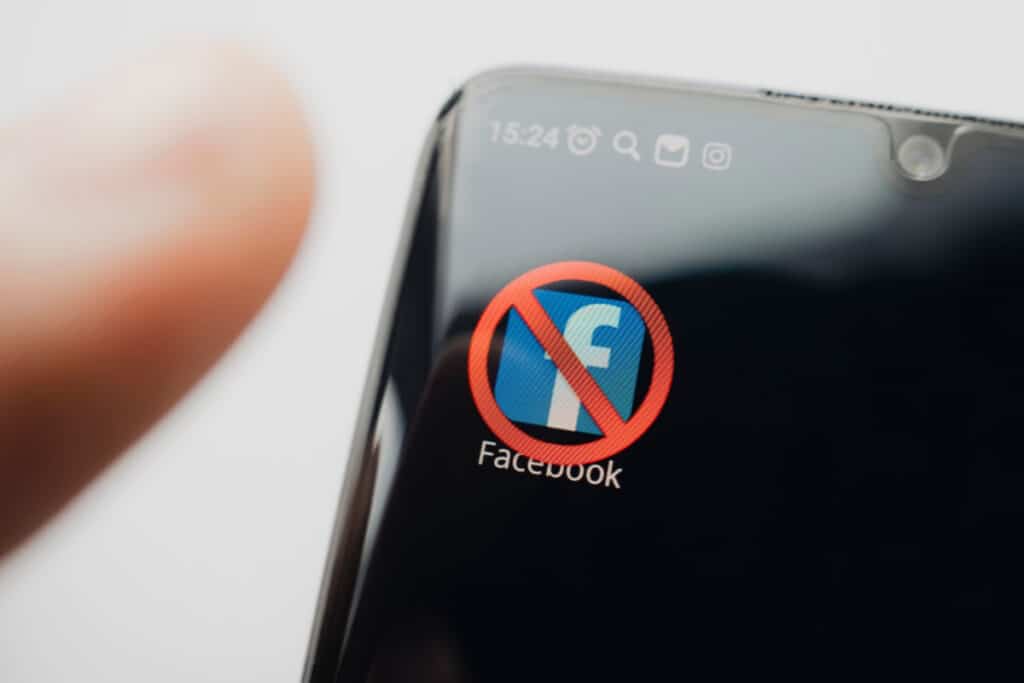
Update:
- The U.S. Supreme Court created a two-part test to determine whether a public official’s social media posts are protected under the First Amendment and whether they can block an individual.
- Justice Amy Coney Barrett wrote the unanimous opinion, instructing courts to establish whether an individual has authority to speak on behalf of the state and expresses that authority in the post.
- Additionally, the speech is only public if it’s used in the “furtherance of his official responsibilities,” Barrett writes.
- The court did not rule in the two cases — O’Connor-Ratcliff, et al. v. Garnier, et al. and Lindke v. Freed — instead sending them back to the lower courts.
Supreme Court Facebook block appeal overview:
- Who: The Supreme Court has agreed to review a pair of cases that were previously — and independently — heard in the 9th Circuit and 6th Circuit.
- Why: The cases revolve around whether public officials should be allowed to block individuals from accessing and commenting on their Facebook pages.
- Where: The cases are before the Supreme Court of the United States.
(May 8, 2023)
The Supreme Court has agreed to take on two cases under appeal in the 9th and 6th circuits that concern whether public officials should be allowed to block individuals from accessing their Facebook pages.
In both cases, the appellants are asking the Supreme Court to determine whether public officials blocking individuals from commenting on their social media pages constitutes as a state action that would violate the First Amendment, Law360 reports.
The high court has reportedly granted a certiorari petition filed by two members of the Poway Unified School District Board of Trustees asking for a review of a 9th Circuit decision that they violated the First Amendment by blocking two constituents from commenting on their social media pages.
The 9th Circuit, in ruling against the board of trustees members, determined their social media pages constituted as public forums, and thus blocking a pair of parents from commenting violated the law, Law360 reports.
Michigan resident disagrees with allowing official to block comments on personal Facebook
The Supreme Court has also reportedly agreed to review an appeal from a Port Huron, Michigan, resident arguing the 6th Circuit wrongly ruled city official James Freed was allowed to block them from commenting on his personal Facebook page.
The Michigan resident is reportedly arguing Freed violated the resident’s constitutional rights by preventing them from commenting on his personal page on the social networking site, Law360 reports.
In another news involving social media, Utah earlier this month became the first state in the U.S. to pass laws that will limit access to social media platforms for individuals under the age of 18.
Do you believe public officials should be able to prevent individuals from accessing their Facebook pages? Let us know in the comments.
The plaintiffs are collectively represented by Cory J. Briggs of Briggs Law Corp. and Victoria R. Ferres of Fletcher Fealko Shoudy & Francis PC.
The Facebook block lawsuits are O’Connor-Ratcliff, et al. v. Garnier, et al., Case No. 22-324, and Lindke v. Freed, Case No. 22-611, before the Supreme Court of the United States.
Don’t Miss Out!
Check out our list of Class Action Lawsuits and Class Action Settlements you may qualify to join!
Read About More Class Action Lawsuits & Class Action Settlements:















14 thoughts onSupreme Court rules public officials can block people on social media
ADD ME
please add me
Please add me